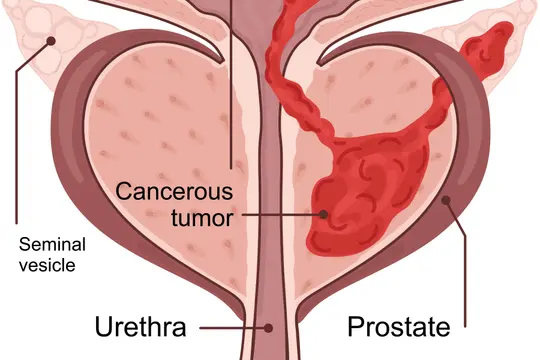Overtreatment of prostate cancer can lead to unnecessary complications, including side effects from surgery or radiation. Making informed decisions about your treatment plan is crucial for preserving quality of life while addressing the disease effectively.
Understand Your Diagnosis
Not all prostate cancers are aggressive. Slow-growing tumors may not require immediate intervention. Discuss the specifics of your diagnosis with your healthcare provider, including your Gleason score and PSA levels.
Learn about the importance of understanding prostate cancer staging.
Consider Active Surveillance
For men with low-risk prostate cancer, active surveillance may be a viable option. This approach involves closely monitoring the cancer through regular check-ups, PSA tests, and biopsies instead of immediate treatment.
Weigh the Risks and Benefits
Discuss potential treatments, such as surgery or radiation therapy, with your doctor. Each option comes with its own risks and benefits, which should be carefully evaluated based on your age, health, and cancer stage.
Explore treatment options for prostate cancer to make an informed choice.
Seek a Second Opinion
Don’t hesitate to seek a second opinion. Consulting another specialist can provide additional insights and help confirm whether aggressive treatment is necessary.







